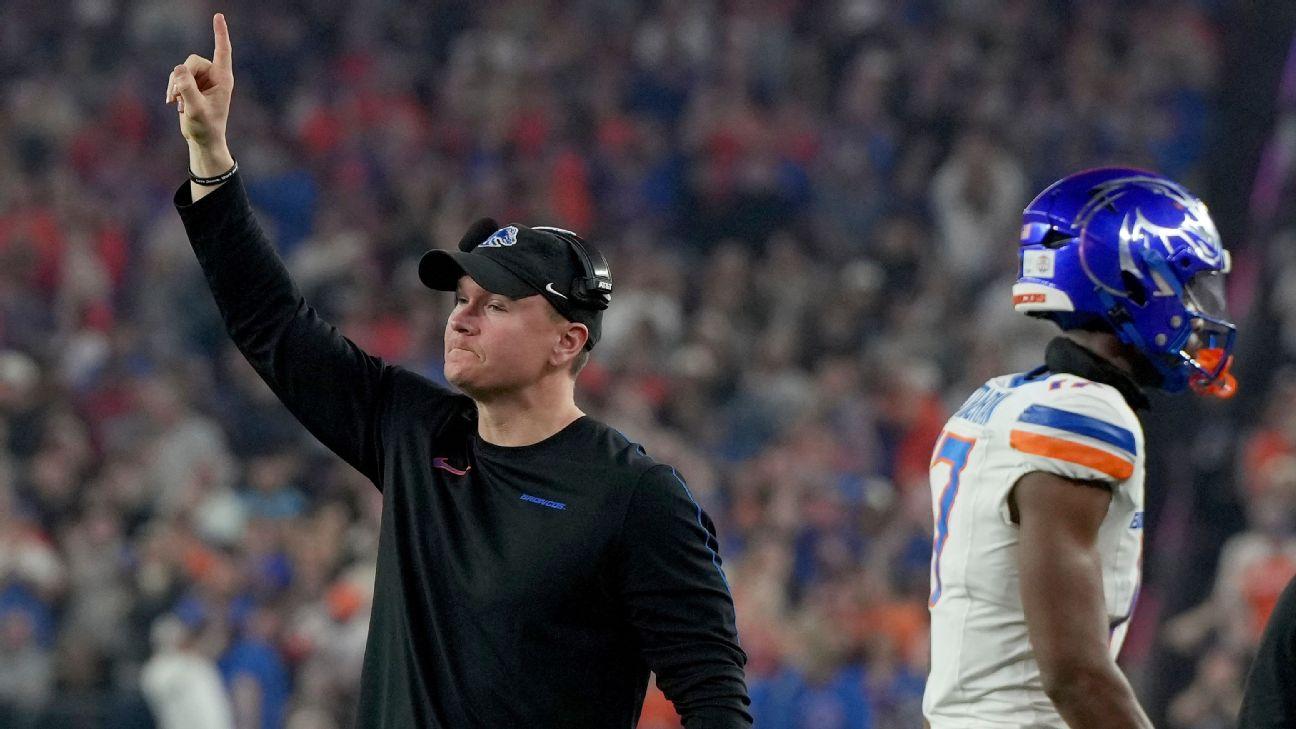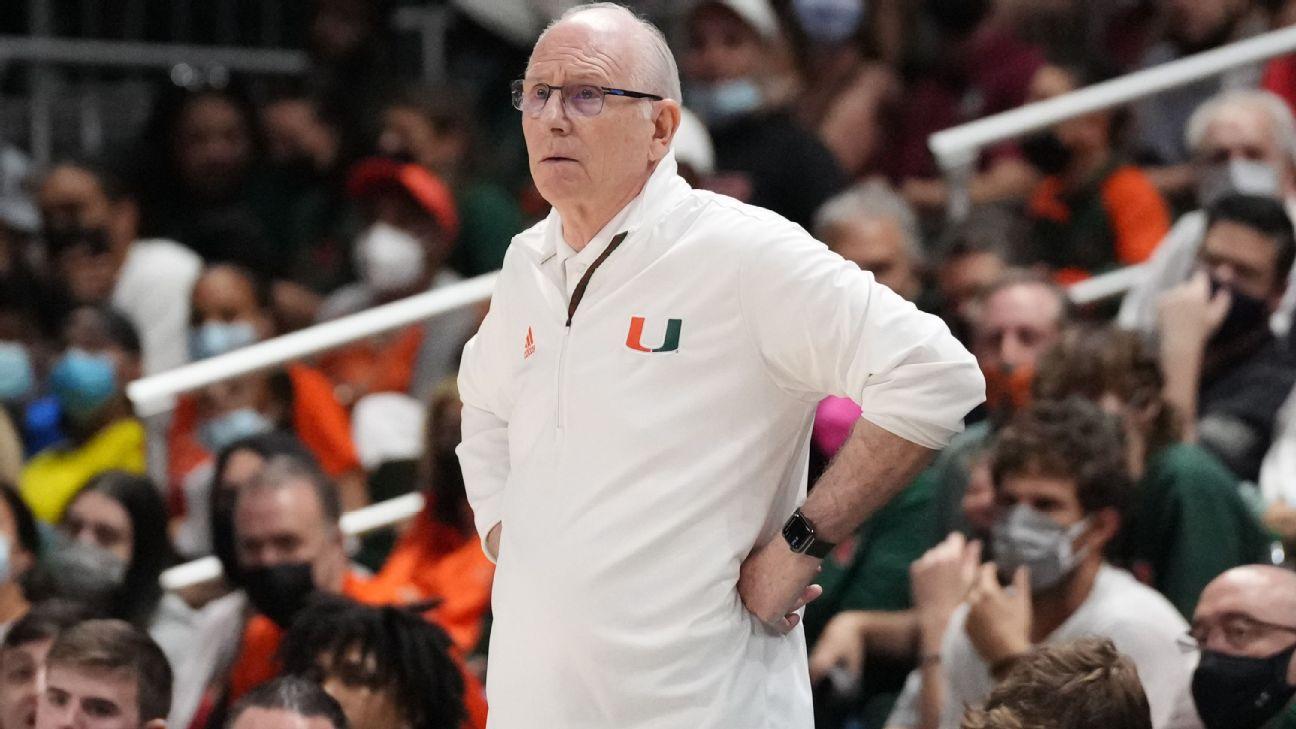Hacks shows cancel culture is a joke
The worst thing to happen to very good television shows is when they run out of things to say. Telling a good story and what fans and network executives want (more show) are forces often at odds with one another, and I’ve watched more than a few of my favorit…

Published 7 months ago on May 24th 2024, 7:00 am
By Web Desk

The worst thing to happen to very good television shows is when they run out of things to say. Telling a good story and what fans and network executives want (more show) are forces often at odds with one another, and I’ve watched more than a few of my favorite shows crumble under the pressure to give it one more go. That’s why I was a little worried about Hacks, which stuck its landing in season two. The second season finale had Deborah Vance (Jean Smart) firing Ava Daniels (Hannah Einbinder), telling Ava that it was time for her to succeed on her own. The move came from love, and perhaps from Deborah, a little bit selfishly, wanting to enjoy her success alone. As a conclusion for these characters, it was well played and well earned — good for fans, extremely tricky for the writing team. The show relies on the friction created by the strange, begrudging love these two have for one another. Without the turbulence, there is no show here, and at the same time, more of the same rocky road antics between the two could feel repetitive. But it turns out, I had nothing to worry about. Hacks still has plenty to say. The show continues to be a consistent delight. This third chapter focuses on Deborah’s ambitions of becoming a late-night network TV talk show host. Through her journey, the show asks questions — both cynical and earnest — about what the future of commercial comedy looks like and which comedians actually get to take risks. The answer to the latter is usually the very rich and very famous. These themes collide in “Yes, And,” the eighth and penultimate episode of the season, in which Hacks’s antihero finally gets “canceled.” This was inevitable — cancellation is one of the most omnipresent conversations in modern comedy. There are few things less enjoyable than an allegedly funny boomer unable to see how unfunny they’ve become. And as the show establishes, Deborah Vance has always been a boomer (derogatory). But as the show makes clear, she’s not quite the worst boomer. Hacks is deeply self-aware, with its sharpness balancing its optimistic sitcom underpinnings. We’ve followed along as Deborah has learned how to navigate the modern world with a terminally millennial woman as her guide, and both of the main characters’ fumbles are framed more as miscommunications than personal failings. Still, below the slapstick of a “woke mob” coming for Deborah Vance, Hacks has canny observations about who gets canceled, who holds power, and what actually means anything in an industry that revolves around the rich and powerful. [Image: Deborah Vance (Jean Smart) and Ava Daniels (Hannah Einbinder) attend a frat party at UC Berkeley because Deborah is getting canceled. https://platform.vox.com/wp-content/uploads/sites/2/2024/05/jean-smart-hannah-einbinder-1.jpg?quality=90&strip=all] “Yes, And” opens with a seemingly innocuous mistake: Deborah Vance has been double-booked at both a UC Berkeley ceremony where she’ll be awarded with an honorary degree and an appearance at Palm Springs Pride. It’s a tough call, but Deborah has to go to Berkeley because she’s trying to build some momentum and buzz for the late-night hosting gig. A fancy event at a prestigious college will do that, and it turns out that a vaunted New Yorker writer profiling Deborah will also be there to finish up the article. Knock this out of the park and that late-night show is hers. But unfortunately for Team Deborah Vance, that plan quickly goes south — enough to make double-booking the least of their concerns. While at Berkeley, a supercut of Deborah telling racist and ableist “jokes” emerges and goes viral. Calling them jokes is generous because they’re just blobs of bigotry without anything resembling a punchline (e.g., cars shouldn’t be made by Asian people because Asian people aren’t good drivers). As Deborah tells Ava, the clips are stitched from material she did decades ago and she obviously doesn’t feel that way today. More importantly, though, Deborah needs the New Yorker and network executives to know she’s not problematic because she really wants this job. As the clip circulates, Deborah and Ava have to figure out what to do. Ignore it and hope it goes away? Admit she said those things, but don’t apologize? Acknowledge the clip and apologize? Deborah complains about being picked on, and that it isn’t fair that she’s being targeted. Ava thinks Deborah’s completely lost the plot. “You get to be rich and famous for making jokes,” Ava replies, urging Deborah to just say sorry. “People are allowed to have their reactions to them.” As Ava delivers this very astute observation Deborah (at a frat party no less), it’s not difficult to connect her point to the contemporary discourse surrounding real-life comedians getting critiqued for their jokes or behavior and then calling themselves victims of cancel culture. Whether it’s Dave Chappelle trying to defend his anti-trans humor, Amy Schumer talking about Middle East politics, Jerry Seinfeld talking about the state of modern-day comedy, or Ellen DeGeneres talking about getting “kicked out” of the business — it all revolves around not being able to handle critique. As Ava points out, there are no victims of cancel culture. No one is ever canceled. No one’s success is ever taken away. No one’s actually being censored. It’s simply a personal misreading of the power dynamic. All of the comics I listed above continue to have some combination of robust deals with streaming services, accolades for speaking out, and huge stadium shows. Fame inverts the comedy landscape. Famous comedians will always have more power than a non-famous person they’re targeting, which means they can’t help but punch down, a comedy no-no. Now that social media platforms and the internet have democratized fame and visibility, said famous comedians are being held accountable. Accountability can feel a lot like some kind of injustice to very famous, rich people. But at the end of the day they’re still very rich and famous. “No one’s actually canceled,” Ava says. The show putting these words in Ava’s mouth is important because she also lost a job over a joke. In the first season, Ava fires off a tweet about an anti-gay senator that gets her fired and kicks off the events of the show. Unlike famous comedians, she had to suffer consequences for what she did (i.e., moving to Las Vegas and working for Deborah Vance). She has firsthand experience about what being professionally “canceled” is actually like. At the same time, her trials and tribulations — becoming a landlord and not having much of a social life — were extremely privileged problems to have. Ava keeps reminding Deborah that she could end the kerfuffle by apologizing. Deborah, so stubborn, would rather go through the fresh hell of college improv and bribing frat brothers with wine than say sorry. She insists comedians don’t apologize for their comedy. It isn’t until a dean pulls the plug on her ceremony, and ostensibly damages the New Yorker profile, that Deborah finally agrees to attend an on-campus town hall and listen to the students offended by her old material. The ending of the episode is indistinguishable from a fairy tale. After Deborah’s apology, her New Yorker profile is glowing. It’s all about her humanity and how she’s a difficult, but daring comedian for wanting to learn and grow. With this newly demonstrated ability to listen, the writer surmises that Deborah would be the perfect late-night host. Right after Ava reads her the article, Deborah gets word that she clinched the gig and snagged her dream job. But while Deborah Vance got her happy ending, there’s a sly wryness to it that comes back to the show’s bigger point about famous people complaining about cancel culture: It’s all a joke. [Image: Deborah Vance is a boomer on a plane. She doesn't care about being canceled! https://platform.vox.com/wp-content/uploads/sites/2/2024/05/jean-smart_1-1.jpg?quality=90&strip=all] Of course, we’re happy when Deborah’s past doesn’t derail her future because she’s the show’s protagonist, and we know her story and who she is. (It doesn’t hurt that her transgressions are much less severe than real-life parallels.) She also apologizes because she seems to have some semblance of regret and wants to be better. And because she listens to the students tell her how wrong she was and shows remorse, she gets a glowing profile in a fancy magazine. The barest minimum gets a handsome reward because the bar is on the floor. While that’s a satisfying story for our fictional hero, it’s a little less enjoyable to think about how the episode underlines that Deborah’s job was never really in question. The viral clip and online rage were never going to ruin her chances. The network would likely always have given her the hosting gig. Between the second and third seasons of Hacks, Deborah has reached that tier of Seinfeld and DeGeneres, the level of prestige where any consequence can be met with complaint, and that’s just as good as an apology. It ultimately doesn’t matter whether Deborah was actually sorry about the offensive stuff she said or if she just wanted to appear sorry because her dream gig was being threatened. “Yes, And” gets at the idea that we all want to believe that people, especially famous rich ones, can be held accountable. We want our personal judgments to have some kind of bearing on an industry run by rich and powerful people. But that’s all a setup, something we fall for because it feels a little better than being the punchline.
Advertisement

Cybertruck explosion investigation identifies the driver and tracks its path to Las Vegas
- 2 hours ago

Samsung bets big on OLED and gaming with its 2025 monitor lineup
- 2 hours ago

That Elon Musk ‘Adrian Dittmann’ screenshot is almost certainly fake
- 2 hours ago
Blast leaves four killed, 35 injured Blaochistan's Turbat
- 10 hours ago

Day: Expanded CFP gave OSU chance 'to peak'
- 42 minutes ago

Agent: QB Rourke led Indiana to CFP on torn ACL
- 42 minutes ago
You May Like
Trending















